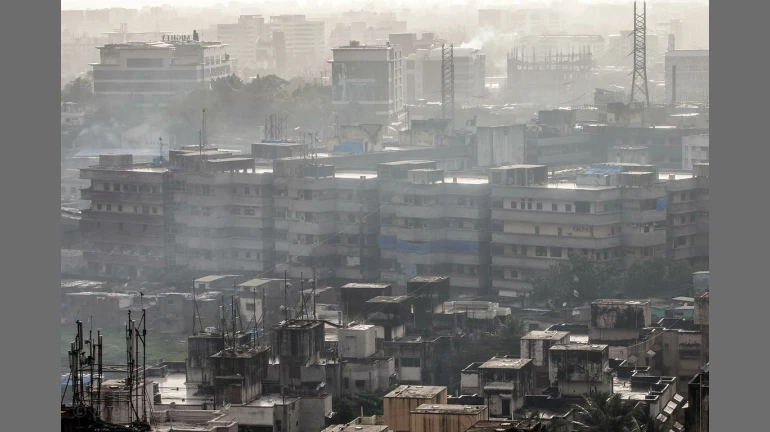
Healthcare provider Pristyn Care conducted a survey of 4000 people staying in and around Mumbai and Delhi. The findings reveal that 60 per cent of people from both cities want to relocate as the pollution is high and the air quality in both cities is deteriorating day by day.
Additionally, it was noted that nine out of ten respondents reported having the most prevalent symptoms of the declining Air Quality Index (AQI), which include a sore throat, watery or itchy eyes, continuous coughing, shortness of breath, and wheezing.
The survey revealed that six out of every ten residents in Mumbai and Delhi might consider relocating due to poor air quality and pollution.
The results further demonstrated the significant effect that deteriorating air quality has on people's health. The air quality has a severe impact, especially in the winter.
According to the survey, forty percent of participants reported that they had seen a deterioration in pre-existing respiratory conditions, such as asthma or bronchitis, in their family members since the winter season started.
Four in 10 residents in Mumbai and Delhi seek medical attention for health issues related to air pollution every year or at least every few years, according to the study.
When asked how they had changed their lifestyle to deal with air pollution, 35 percent said they had ceased doing outside activities like jogging and running, while 30 percent had started wearing masks outside.
In terms of air purifiers, the survey stated that only 27 percent of respondents in Delhi and Mumbai admitted to using them, while 43 percent still held the "misunderstanding that their use reduces immunity."
The AQI in Mumbai is currently in the 'satisfactory' category, according to the System of Air Quality and Weather Forecasting and Research (SAFAR), with a reading of 78.
For context, an AQI between 0 and 50 is regarded as 'excellent', 51 to 100 is 'satisfactory', 101 to 200 is 'moderate', 201 to 300 is 'poor', 301 to 400 is 'extremely poor', and 401 to 500 is 'severe'.
The India Meteorological Department issued a yellow alert over the weekend, and Mumbai residents awoke on November 26 to spells of moderate rain that swept several pockets of the city and its suburbs. The Santacruz and the Colaba Observatory both recorded rain totals of 5.2 mm and 9 mm, respectively.
With the rains providing relief from the high daytime temperatures, the metropolis' air quality improved, with the overall Air Quality Index (AQI) reaching 95 on November 26 afternoon, placing it in the "satisfactory" category. The AQI at fifteen of the city's 27 recording stations was in the double digits, indicating a significant improvement in the city's air quality since November 25.
The absorption of the major pollutants, particulate matter, by rain causes AQI levels to fall after showers. The air quality improves because particulate matter is no longer suspended in the air.





